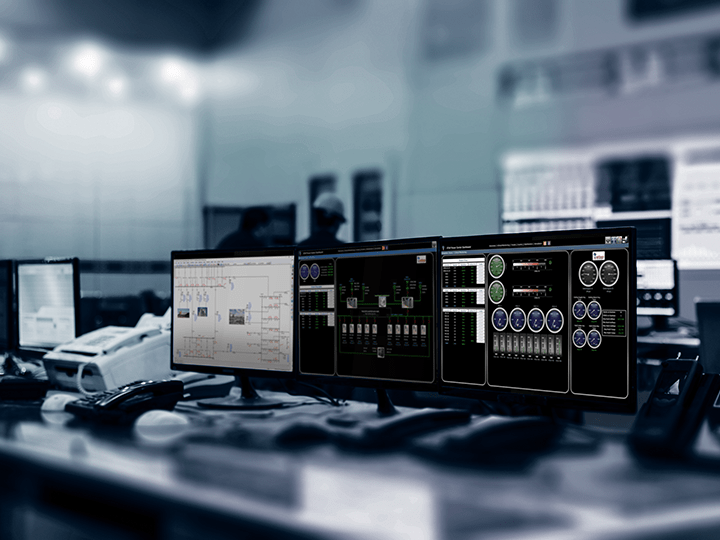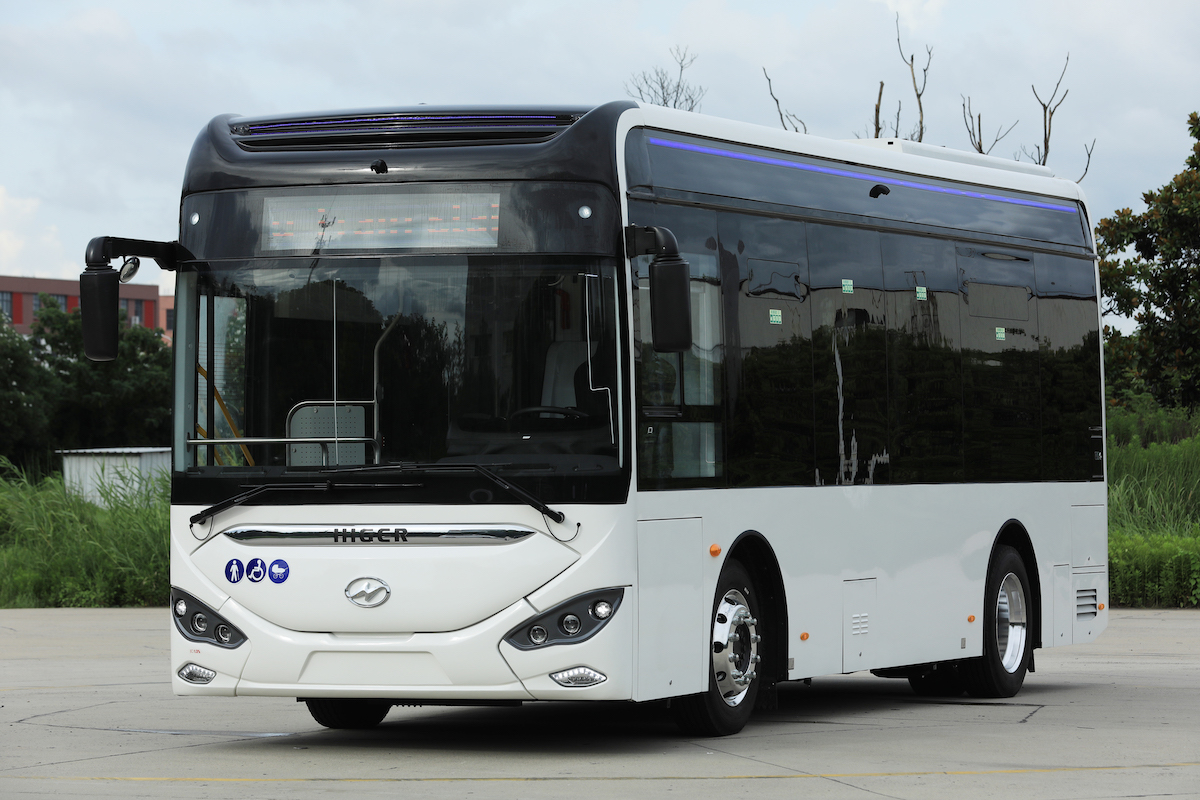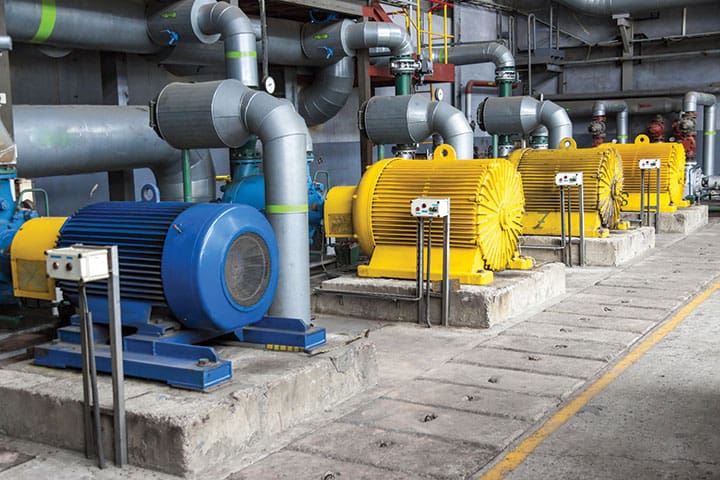 HARO Backlinks – Get Cited Like a Pro in Top Media!
HARO Backlinks – Get Cited Like a Pro in Top Media!
Nokia Corporation: Leading the Way in the Industrial Utility Communication Market through Innovation and Strategy
Written by Tiya » Updated on: June 17th, 2025

Introduction:
In the fast-evolving landscape of Industrial Utility Communication Market, Nokia Corporation stands out as one of the most influential players shaping the future of communication networks. With its robust portfolio of advanced technologies, innovative solutions, and strategic initiatives, Nokia has carved out a critical role in enabling industries to embrace the next generation of smart communication systems. As the industrial utility communication market expands, particularly in the Asia-Pacific region, Nokia’s proactive approach to innovation and its focus on emerging technologies position the company at the forefront of this transformation.
Nokia’s Strategic Approach in Industrial Utility Communication
Nokia’s strategy in the industrial utility communication market revolves around delivering cutting-edge solutions that enable industries to improve operational efficiency, enhance automation, and ensure robust connectivity for critical infrastructure. The company’s primary focus is on providing end-to-end communication solutions that seamlessly integrate with industries' existing systems while preparing them for the future.
Key Strategic Focus Areas:
5G and Private LTE Networks Nokia’s commitment to next-generation connectivity is evident in its focus on 5G and private LTE networks, which are pivotal for the industrial utility sector. As industries seek higher performance, faster speeds, and lower latencies for their communication networks, 5G technology is becoming essential. Nokia has been at the forefront of developing 5G networks that can handle the massive data traffic required by industrial applications.
Industrial utilities need reliable, high-speed communication networks to monitor operations, control processes in real-time, and support the rise of technologies such as the Industrial Internet of Things (IIoT). Private LTE and 5G networks provide the necessary bandwidth, scalability, and security to support these needs. For example, Nokia’s private 5G network solutions enable industrial operators to securely and efficiently manage their operations, from energy distribution to manufacturing.
Cloud and Edge Computing In addition to 5G, Nokia emphasizes cloud and edge computing technologies, which are becoming increasingly critical in industrial sectors. Cloud platforms offer centralized storage, analysis, and management of vast amounts of data generated by industrial operations, while edge computing allows data processing closer to the source, reducing latency and ensuring real-time decision-making.
Nokia’s edge computing solutions are particularly important for industries like utilities, energy, and manufacturing, where real-time monitoring, control, and analysis are essential. By bringing computing power closer to the industrial asset or sensor, Nokia enables utilities to make faster, more informed decisions. The synergy between cloud and edge computing is integral to the smart grids, automation systems, and IIoT applications that power modern industrial ecosystems.
Network Automation and AI Integration As industrial utilities adopt automation to streamline operations, Nokia is integrating Artificial Intelligence (AI) and machine learning technologies into its communications networks. These technologies enable predictive analytics, automation of routine tasks, and continuous optimization of operations.
AI-driven network automation enhances the efficiency of industrial networks by anticipating faults, performing self-healing tasks, and dynamically adjusting to changing conditions. For example, predictive maintenance powered by AI can help utilities identify potential equipment failures before they occur, reducing downtime and maintenance costs. Nokia’s approach to AI in industrial utility communication networks allows companies to achieve greater uptime, enhanced safety, and reduced operational costs.
Security and Reliability As industries rely more on digital communication systems, security becomes a critical concern. Nokia understands that the safety of industrial systems is paramount, especially in critical sectors like energy, water, and transportation. Industrial utility communication networks need to be not only fast but also highly secure to protect sensitive data and ensure the continuity of operations.
Nokia’s strategy includes providing secure, resilient networks with built-in cybersecurity features. The company offers solutions that secure communications from end to end, protecting both the data transmitted over the network and the underlying infrastructure. Nokia’s security portfolio is designed to safeguard against potential cyber threats, ensuring that critical industrial operations are not compromised.
Global Partnerships and Ecosystem Building Another cornerstone of Nokia’s strategy in the industrial utility communication market is its focus on partnerships and ecosystem development. To meet the specific needs of industrial clients, Nokia collaborates with utility companies, governments, technology providers, and system integrators to build tailored solutions.
These partnerships allow Nokia to leverage its deep industry knowledge and expertise in communication networks to offer integrated solutions that deliver value to its customers. For instance, Nokia works closely with energy companies to deploy next-gen communication systems that enable smart grid management and renewable energy integration.
By developing ecosystems that include not just communication infrastructure but also software, analytics, and services, Nokia ensures that industrial customers can access holistic solutions that improve both their operational efficiency and bottom line.
Emerging Innovations by Nokia in Industrial Utility Communication
Nokia is at the cutting edge of industrial utility communication innovation. The company is actively developing technologies that will shape the future of communication networks across industries.
Private 5G for Critical Industrial Applications One of the most significant innovations Nokia is spearheading in the industrial utility communication market is the development of private 5G networks tailored to the needs of critical industries. These private 5G networks are designed to offer industries a dedicated, secure, and high-performance connectivity solution, independent of public networks. With private 5G, industrial companies can optimize their operations, improve automation, and securely transmit large volumes of data in real-time.
Nokia’s private 5G solutions have already been deployed in manufacturing plants, smart cities, and energy grids. The company’s ability to deploy and manage private 5G networks gives industrial customers a competitive edge by providing them with dedicated resources and high levels of control over their networks.
Industrial IoT Connectivity As the Industrial Internet of Things (IIoT) becomes more widespread, the need for reliable connectivity solutions grows. Nokia’s IIoT solutions include secure, high-performance communication networks designed to support the massive volume of data generated by IIoT devices in industrial environments. With the ability to connect thousands or even millions of devices, Nokia’s IIoT solutions ensure that industrial systems can operate efficiently, with real-time data being sent, received, and analyzed to improve productivity and decision-making.
Smart Grid Communication Solutions The advent of smart grids represents a transformative shift in how energy is distributed and consumed. Nokia’s smart grid communication solutions enable utilities to manage energy distribution more efficiently, monitor grid performance in real-time, and integrate renewable energy sources into the grid. By enabling two-way communication between utilities and consumers, Nokia’s smart grid solutions facilitate better demand-response management, enhance grid reliability, and reduce energy waste.
Nokia’s role in smart grid communication extends to the integration of renewable energy sources, such as solar and wind power, into the grid. As more countries and industries transition to sustainable energy, Nokia’s solutions are crucial in ensuring that renewable energy can be effectively integrated and managed.
Automation and Robotics Integration Automation and robotics are central to industrial progress, and Nokia is exploring ways to integrate advanced communications networks with robotics to enhance industrial utility operations. By providing seamless connectivity for robotic systems, Nokia enables industries to automate critical processes, reduce manual labor, and improve operational accuracy. For example, autonomous drones and robots used in infrastructure inspection, maintenance, and repairs require highly reliable and low-latency communication networks to function effectively. Nokia’s commitment to automation and robotics integration positions it as a key player in transforming industrial operations.
Conclusion
Nokia Corporation continues to lead the way in the industrial utility communication market with its strategic focus on innovation, next-gen technologies, and global partnerships. Through the development of 5G, private LTE networks, cloud and edge computing, AI, and security solutions, Nokia is helping industries embrace the future of communication and automation. As industries increasingly turn to digital transformation, Nokia’s proactive approach ensures that they are well-equipped to handle the evolving demands of the industrial utility communication market. With a solid track record of delivering secure, scalable, and efficient communication solutions, Nokia is poised to remain a dominant force in shaping the future of industrial communication networks.
Note: IndiBlogHub features both user-submitted and editorial content. We do not verify third-party contributions. Read our Disclaimer and Privacy Policyfor details.
Copyright © 2019-2025 IndiBlogHub.com. All rights reserved. Hosted on DigitalOcean for fast, reliable performance.















